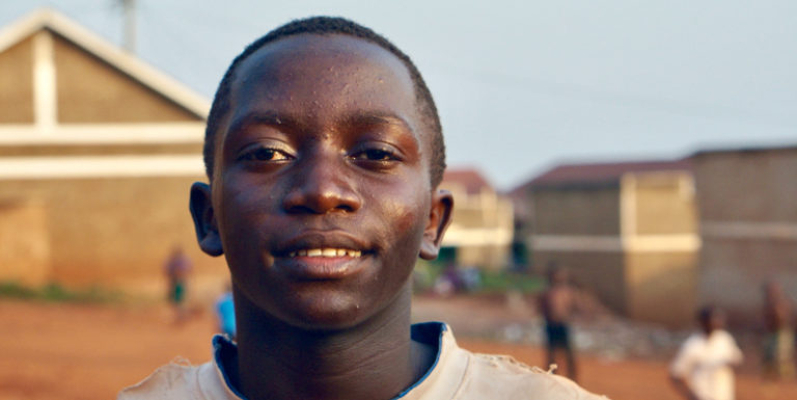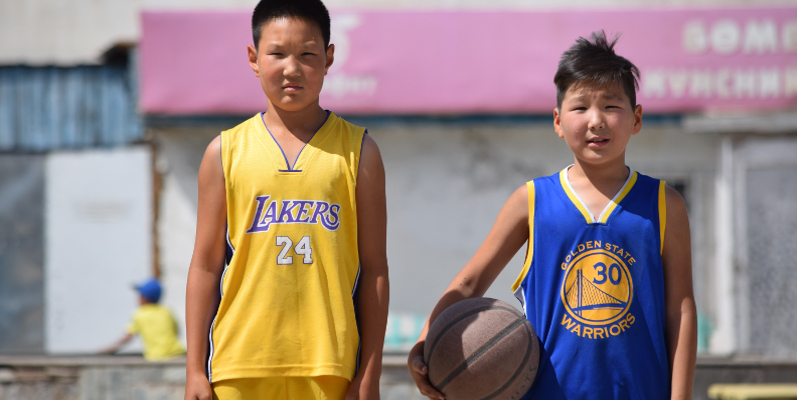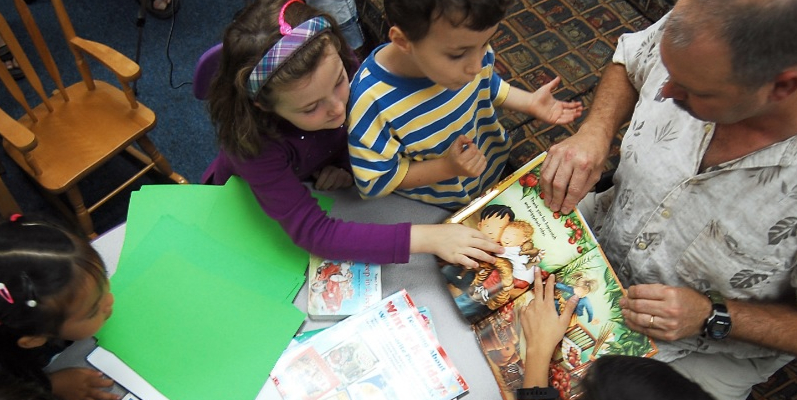Dear Sir,
Thank you for the unforgettable lesson in early American history. I came to your fifth grade class to support your new teacher, and instead I got schooled that day.
When I discovered that day’s lesson was about the early slave trade in our original colonies, I was concerned. I, a white woman, looked around the room and wondered how it would be for you and the seven other black students. Would the topic be painful? Would the subject be introduced and discussed in a way that honored your ancestors?
One image of slavery after another crossed the screen. These were not new images to me, but they made my stomach lurch. I worried about you and your classmates. I worried that even though we study horrific times in our past so that we’ll not repeat them, we should ask how best to approach this painful subject. We should ask you. We should ask your families.
We should ask and then listen.
We should listen.
I looked around the room, and only two of you even looked at the screen. Others turned their heads away or looked down. Not you. You held your head high. When I couldn’t stand the silence any longer, I whispered, “That was a terrible time in our history.”
You spoke without hesitation. In a steady, firm voice, you said, “Your history? It’s not your history. That was our history.” You pointed to the other black students in the room. “Our history.”
I looked at you, and you did not look away. You held my gaze. I can only understand the tiniest fraction of your pain and anger because no matter how hard I try, I’ll never know that kind of anguish.
There were no words.
To speak in that moment would have violated the sacredness of your experience. You said what should have been said and understood by so many for countless years. Instead I sat next to you in the silence and prayed I would never forget that moment.
When class was dismissed I shook your hand and thanked you for the lesson. You looked at me like I was crazy. “Thank you, sir, for teaching me. Your words were powerful, and I needed to hear them today. I am grateful for your courage.”
I see you often now in the hallway, and each time you speak my name. You ask about my grandchildren. You inquire about my day. This afternoon you stopped by my office and shared that you had finished the two graphic novels I loaned you last week. And then you asked me for another book. You asked if you could come back when you were finished and trade for another.
You thanked me.
We’re bound together now, you know. The student often feels a debt of gratitude for the wonder of learning. But you are not the student.
I am.
And I will never forget.










